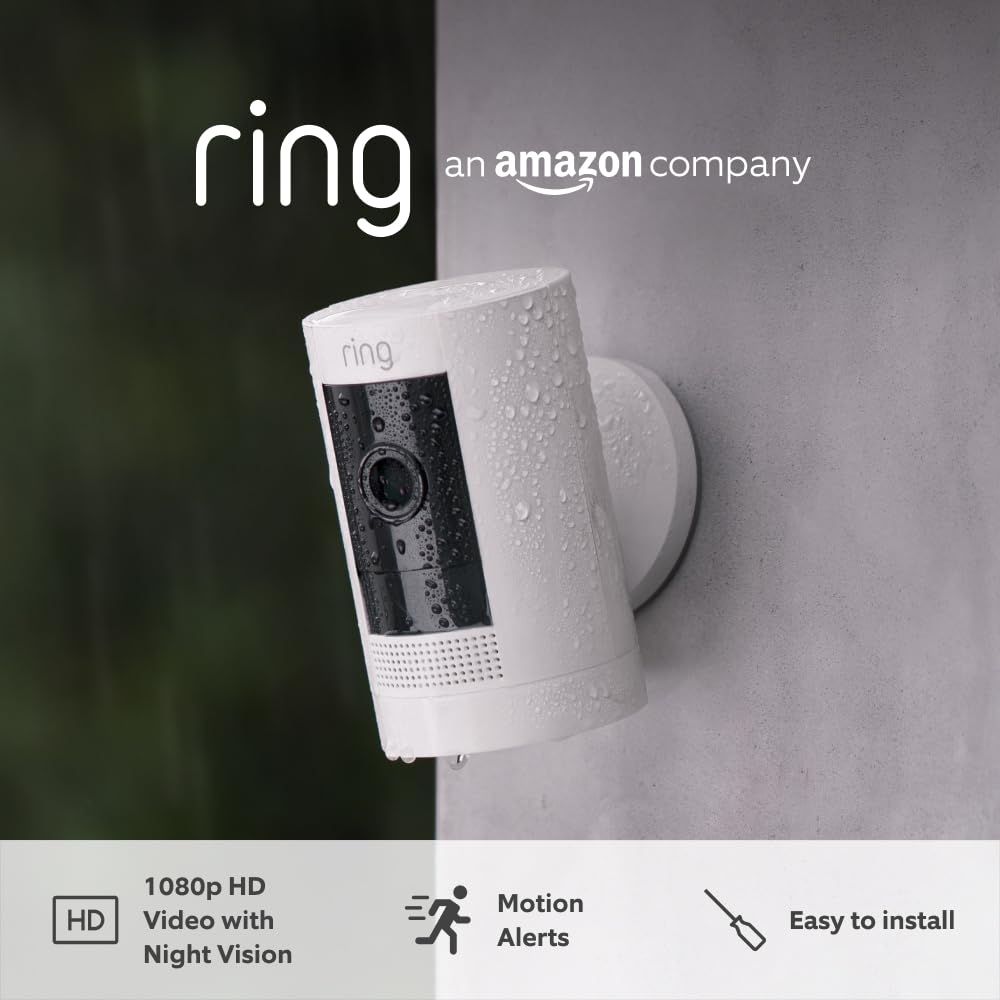
AI is making waves in real estate, turning property management into a high-tech affair. Gone are the days of juggling spreadsheets and playing phone tag with tenants. With the rise of AI-powered tools, property managers can streamline operations and deliver top-notch service, all from a single platform.
One of the most exciting developments in property management is predictive maintenance. AI tools analyze data from various sources to forecast when equipment or systems might fail. This means you can fix issues before they become costly problems, saving both time and money. Imagine knowing when the HVAC system needs a tune-up before it breaks down on a sweltering summer day. That’s the power of predictive maintenance.
Big data is another game-changer. By analyzing vast amounts of data, property managers can gain insights into tenant behavior, market trends, and property performance. This information helps make informed decisions, from setting competitive rental prices to tailoring marketing strategies. For instance, if data shows a spike in interest for pet-friendly amenities, you can prioritize those upgrades to attract more tenants.
Enhancing tenant experience is crucial in today’s competitive market, and AI is up to the task. Automated customer service, like AI-driven chatbots, can handle tenant inquiries 24/7, providing quick and accurate responses. This not only improves tenant satisfaction but also frees up property managers to focus on more complex issues.
Successful implementations of AI in property management are already making headlines. For example, a luxury apartment complex in New York City used AI to cut energy costs by 15% through smarter climate control and lighting systems. Another case in San Francisco saw a property manager using AI to reduce maintenance costs by 20% through better scheduling and resource allocation.
As we look to the future, the potential for AI in property management seems limitless. However, it’s crucial to stay current with the latest advancements and be ready to adapt. The technology is constantly evolving, and those who can quickly integrate these tools into their operations will have a significant edge.
The journey to embracing AI and big data in property management can be daunting, but the benefits far outweigh the challenges. By leveraging these technologies, property managers can create a more efficient, profitable, and tenant-friendly environment. Stay informed, be adaptable, and don’t hesitate to invest in the future of property management.
Experiential Property Viewing: VR, AR, and Digital Advances

Virtual Reality (VR) and Augmented Reality (AR) are revolutionizing property tours, making them more immersive, interactive, and convenient than ever. Say goodbye to traditional open houses; potential buyers can now experience properties from the comfort of their homes. VR and AR allow clients to walk through a property, check out every nook and cranny, and even visualize renovations or furnished spaces. This tech isn’t just a gimmick—it’s a powerful tool for making informed decisions.
Digital twin technology is another innovation that’s changing the game. A digital twin is a virtual replica of a physical property that provides real-time data and analytics. Imagine having a detailed, interactive model of a building that updates in real time with information on everything from structural integrity to energy usage. This technology is invaluable for property development and management, offering insights that can improve efficiency and decision-making.
2023 has seen significant advancements in VR and AR, making these technologies more accessible and effective. High-quality virtual tours are within reach for more real estate professionals, not just the big players. This democratization means enhanced client experiences across the board. For instance, potential buyers can use VR headsets to explore properties in different cities or even countries, cutting down on travel time and costs.
Improving client interaction is a major perk of these digital advances. Interactive virtual tours can include clickable hotspots that provide more information about specific features, such as kitchen appliances or smart home systems. This added layer of interactivity keeps clients engaged and informed, leading to quicker and more confident decision-making. Plus, it’s a great way to stand out in a crowded market.
Looking ahead, the adoption of digital twins and immersive technologies will only increase. These tools not only enhance the buying and selling experience but also play a crucial role in property development and management. By integrating these digital advances, real estate professionals can offer more value to their clients and stay ahead of the competition. Embrace the future of property viewing—it’s here to stay!
Securing Transactions and Enhancing Trust with Blockchain and Fintech

Blockchain technology is shaking up the real estate sector by providing transparency, security, and efficiency in property transactions. Traditional methods often involve lengthy paperwork, middlemen, and potential fraud risks. Enter blockchain—a game-changer that simplifies the process with smart contracts and immutable transaction records.
Smart contracts, powered by blockchain, automate the entire transaction process. From payments to title transfers, these contracts execute automatically when predefined conditions are met. This reduces the need for intermediaries and minimizes the risk of human error or tampering. The result? Faster, safer, and more cost-effective transactions.
The financial technology (fintech) sector is also revolutionizing real estate transactions. Fintech solutions streamline everything from mortgage approvals to payments, making the entire process smoother and more accessible. Digital platforms can offer instant credit checks, automate payment schedules, and even simplify investment opportunities.
Case studies highlight the effectiveness of these technologies. For instance, a blockchain-based platform in Sweden successfully reduced property transaction times from months to just weeks. Another example is a fintech startup in the U.S. that cut mortgage approval times by 50%, thanks to automated processes.
Looking ahead to 2024, the integration of blockchain and fintech in real estate will likely become even more widespread. These technologies offer real estate professionals a competitive edge, enabling them to offer clients a quicker, more transparent transaction experience. Keeping up-to-date with these advancements is crucial for those looking to stay competitive in the market.
Sustainability and Smart Living: Building the Future

Sustainability has moved from buzzword to business as usual in real estate. The demand for eco-friendly properties is increasing, with buyers and renters prioritizing energy efficiency and low environmental impact. Leading the charge are sustainable building technologies, which are making properties more environmentally friendly and cost-effective to run.
Innovations in green construction are transforming the way buildings are designed and constructed. Energy-efficient materials, solar panels, and water-saving technologies are now standard in new developments. These elements not only reduce the carbon footprint but also offer long-term financial savings for property owners. For example, energy-efficient windows and insulation can drastically cut heating and cooling costs, while solar panels can provide a renewable energy source.
Smart home integration is another significant trend shaping the future of real estate. From intelligent thermostats to advanced security systems, smart homes offer convenience, efficiency, and improved quality of life. Automated systems can control lighting, climate, and even household appliances, making it easier to manage energy consumption and enhance overall comfort. Imagine your home adjusting the temperature based on your routine or turning off lights automatically when you leave a room—these features are becoming the new normal.
Emerging trends in green construction go beyond just building materials. Integrating sustainable practices during the construction phase is gaining traction. This includes using recycled materials, reducing waste, and choosing low-impact construction methods. Developers are increasingly focusing on the sustainability of the entire building process, not just the end product.
Case studies of successful green developments highlight the benefits of these approaches. One notable example is a residential complex in Denmark that achieved carbon neutrality through innovative design and renewable energy sources. Another example is a commercial building in Singapore that uses rainwater harvesting and smart irrigation systems to reduce water usage significantly.
As 2024 approaches, sustainability will continue to be a key selling point in real estate. Buyers and tenants are more environmentally conscious than ever, and properties that meet sustainable standards have a competitive edge. Adopting these green technologies and practices can set you apart in the market, attract eco-conscious clients, and contribute to a better future for our planet.
The Evolving Real Estate Landscape: Remote Work, Hybrid Spaces, and Industry Consolidation

Remote work has transformed the real estate industry, creating new demands for both residential and commercial spaces. With more people working from home, the concept of a work-life balance has evolved to include a blended environment. Developers are responding by designing homes with dedicated office spaces and flexible layouts that can adapt to different needs.
The influence of remote work extends to commercial real estate as well. There’s a rising demand for hybrid spaces that combine traditional office elements with co-working areas. These spaces offer flexibility for businesses to scale up or down based on their needs, without long-term commitments. The trend is driving the development of adaptable office environments that cater to both on-site and remote employees.
PropTech consolidation is another significant trend shaping the real estate landscape. As the industry matures, larger firms are acquiring innovative startups to integrate advanced technologies into their offerings. This consolidation leads to more comprehensive solutions that can handle various aspects of property management, from AI-powered systems to blockchain-based transactions.
Recent mergers and acquisitions highlight how the industry is evolving. For example, a major real estate firm acquired a leading PropTech company specializing in virtual tours and digital marketing, offering an all-in-one solution for property listings. Another big merger saw a property management giant incorporating AI-driven tenant management tools, enhancing their service offerings and operational efficiency.
Looking ahead to 2024, these trends will continue to shape the real estate industry. Embracing hybrid work models, investing in adaptable spaces, and staying on top of industry consolidation will be crucial for remaining competitive. Real estate professionals who can pivot and adapt to these changes will find new opportunities for growth and innovation. The landscape is evolving, and staying informed will help you navigate the shifts with confidence.










